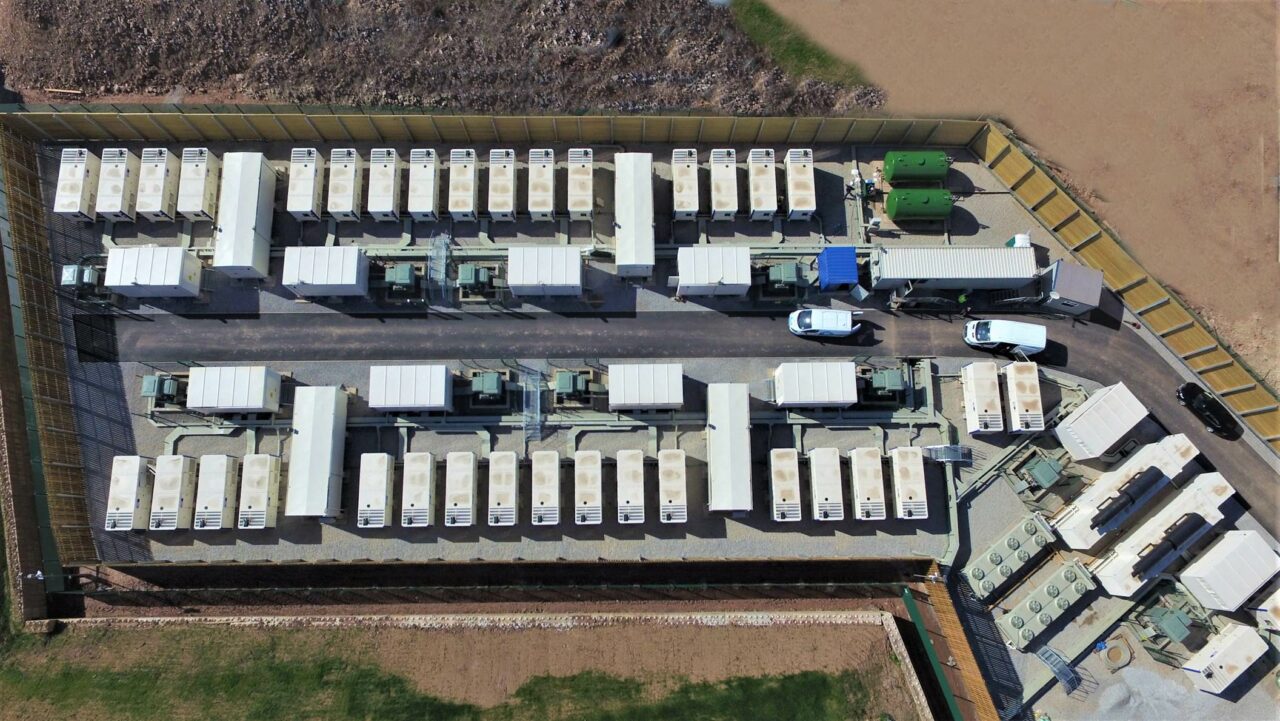
Image: Hazel Capital/Gresham House.
Gresham House Energy Storage Fund has completed the purchase of a 5MW standalone battery storage project.
But the fund’s portfolio is set to swell significantly in the coming months as it sets its sights on nearly 150MW of new battery storage capacity.
The facility, based in Wolverhampton, originally formed part of an exclusive pipeline of projects pursued by Gresham House and has been purchased for a total sum of £3.5 million.
The project was developed by both Gresham House DevCo and Noriker Power.
It was connected to the distribution network and completed all G59 commissioning tests in April this year.
Gresham House said the project was aligned to its investment criteria by pursuing a revenue model based primarily on asset optimisation, using its capacity to profit from wholesale power price fluctuations and National Grid’s Balancing Mechanism.
The acquisition is Gresham House’s sixth such purchase and takes the fund’s utility-scale battery storage portfolio to 75MW.
However that capacity is set to swell significantly if Gresham House completes its next acquisition, a 49MW operational asset, which is expected to close by the end of the year after it is brought online.
Two further utility-scale batteries are due to start construction imminently. Both sized at around 50MW, the batteries are due to start construction in September and October and will both be developed by Gresham House DevCo and Noriker Power.
Those three sites are Wickham Market in Suffolk (50MW), Red Sar in Lancashire (49MW) and Thurcroft in South Yorkshire (50MW).
As a result, the fund expects to have a 229MW portfolio by the end of Q1 2020.
Ben Guest, head of Gresham House New Energy, said utility-scale battery storage was not only crucial to the UK’s future in renewable energy, but has “significant potential” from an investment standpoint.
“Our team’s unique experience of developing and operating utility-scale battery storage assets, coupled with the Fund’s pipeline of projects, will be able to deliver excellent shareholder value in what is a rapidly emerging next generation infrastructure sector.
“We are determined to be part of this revolution that will contribute significantly towards a low carbon economy and are focused on successfully developing our remaining pipeline of utility-scale battery storage projects over the coming months,” he said.

